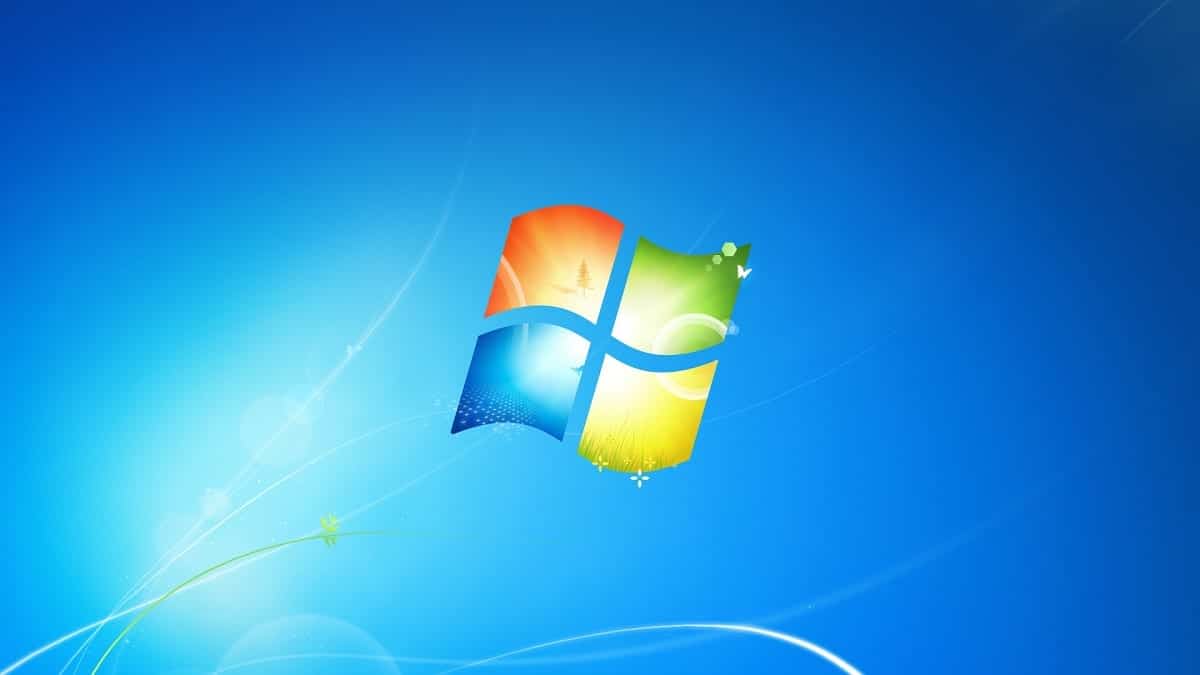
As the years have passed, Microsoft has added a series of new functionalities for users to don't have to fight with the operating system to perform such basic tasks as saving documents on your computer, a very simple task that can sometimes be a world for some users.
Microsoft added with Windows 98 a new folder that many users love and hate in equal measure, a folder called My Documents where each and every document that we create on our computer is stored. When I say documents, I mean text documents, spreadsheets, presentations, databases ...
As the years have passed, this folder has changed its name until the My Documents is eliminated with the arrival of Windows 10. Now it is called Plain Documents. But this is not the only folder where Windows allows us to automatically store our files, since we also find other folders, all accessible from the same place, where the files are stored. images, videos, music and downloads.
When we connect our smartphone or camera to our computer and carry out the data import process, by default, unless we change it in the configuration options, all images and videos from our camera are stored in the Images folder, including videos.
If it is a video camera, All the videos that we import will be displayed in the Windows Videos folder. Although in the market we can find very few cameras that only record video, Microsoft continues to add it, but it is likely that over time, all the content of this type of cameras will end up in the Images folder.
Finally, we have to talk about the Downloads folder, a folder where all the files that we download from the internet are stored, unless, before confirming the download, we modify the storage path and establish the Desktop to download the content.